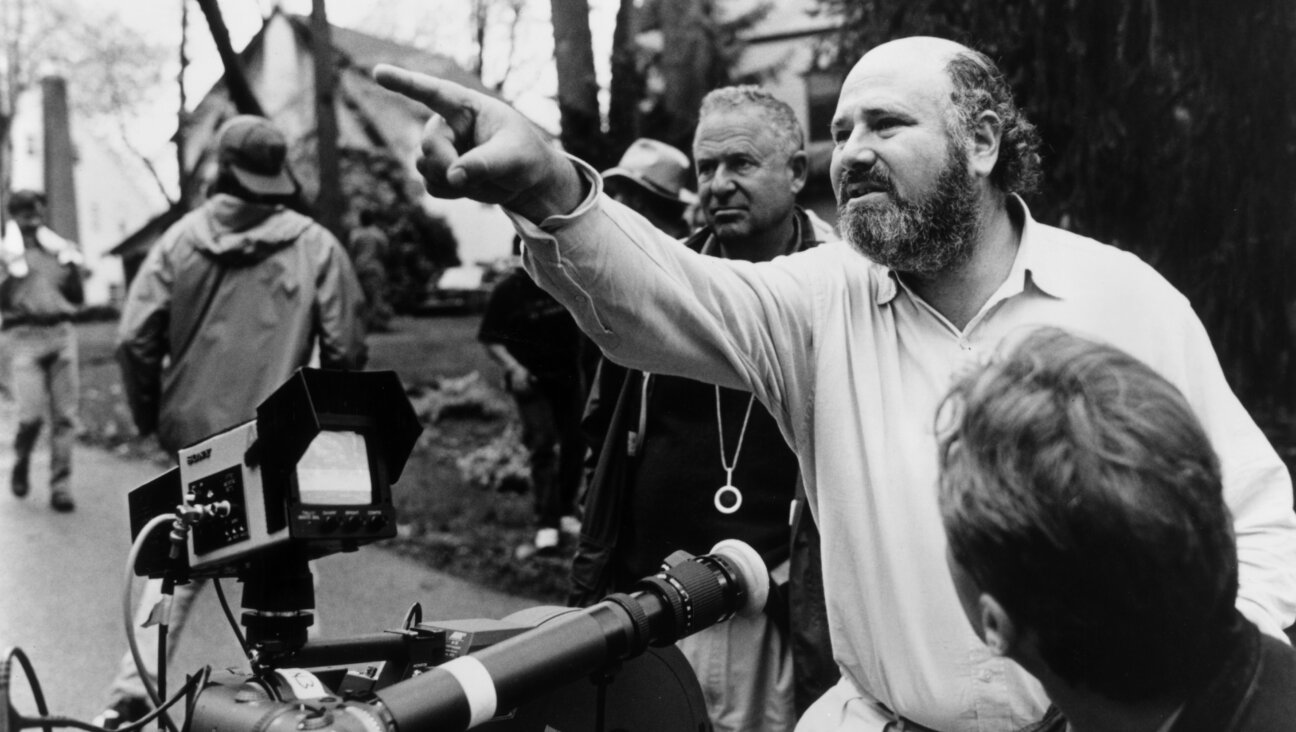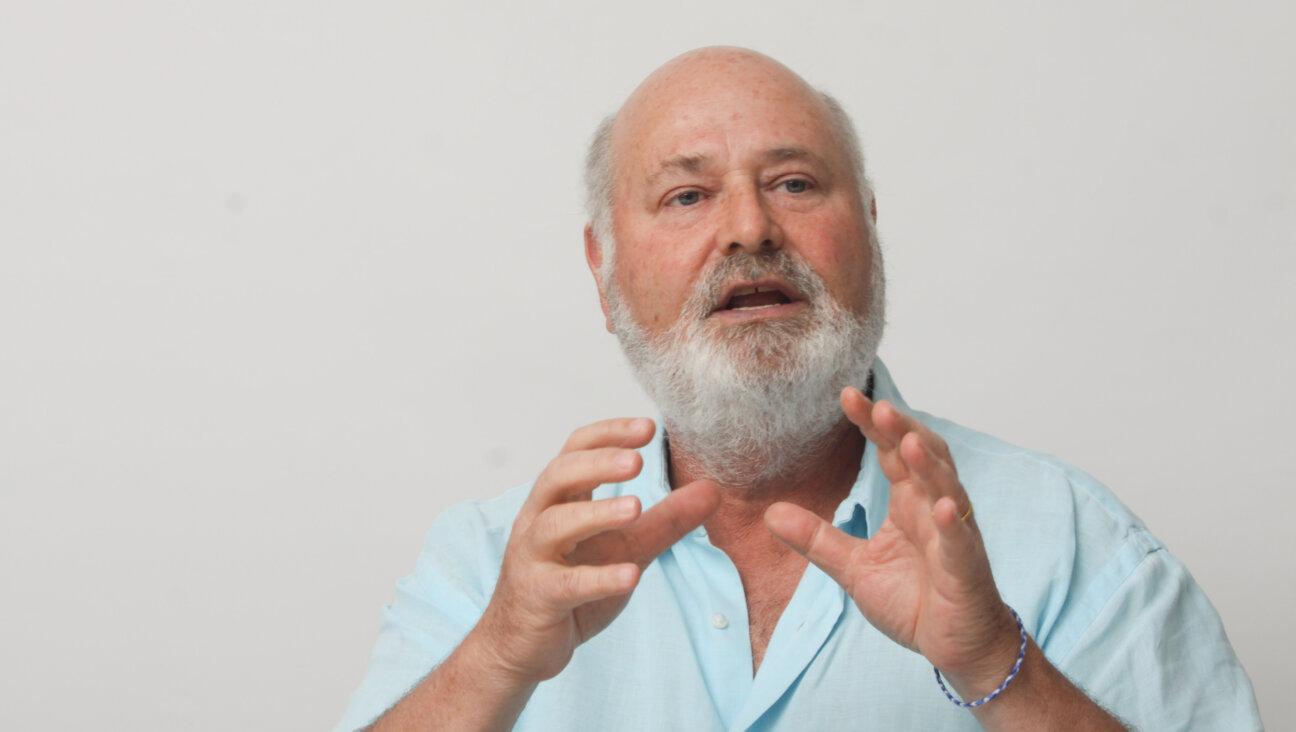Conservative Schools Rethink Israel Studies
This month, a new middle-school curriculum focused on Israel will be launched as a pilot program in Conservative congregational schools.
Israel Today is the final unit of Project Etgar, a curriculum currently being tried out in 25 supplementary schools affiliated with Conservative synagogues.
“If you go to synagogue school, you come out thinking that Israel had pioneers that made the land bloom, and they have wonderful fruits, and everyone’s a Hasid with peyes and they go around singing songs and tilling the land,” said Rabbi Shelley Kniaz, who writes curricula for Project Etgar. Teachers have missed an opportunity, she said, to present Israel as a “three-dimensional” place where “moral positions are debated daily in the public forum.”
To rectify that problem, middle-school students at participating schools will examine an Israeli Supreme Court case regarding the placement of the West Bank security fence, as a way to learn about Israel’s disputed borders. In order to understand the role of the Masorti movement — Israel’s equivalent to the Conservative movement in the United States — they will plan their own public relations campaign.
“We wanted to try something very different from the way Israel is usually taught,” said Deborah Miller, the program’s project director and the associate director of the Jewish Theological Seminary’s Melton Research Center for Jewish Education. “We wanted to present multiple voices of people who actually live in Israel, and to give our students a chance to grapple with issues that real Israelis grapple with.”
Miller said that Israel Today will attempt to engage students in a conversation about some of the philosophical and political questions raised by the Jewish state: What’s it like for Jews to be the majority? How do you deal with a minority? What is the nature of the Jewish state? How do you understand that, given that 80% of Israeli Jews identify as secular?
Other sections of Project Etgar have been phased in over the past six years. Students involved in Project Etgar will study units on friendship, bikkur holim (visiting the sick), early Zionism and the Holocaust before they encounter Israel Today in eighth grade.
An educational system called 4Mat helped the program staff develop a pedagogical approach. 4Mat, which aims to address the needs of students who learn in different ways, encouraged Project Etgar’s emphasis on collaborative work, hands-on projects, and emotional as well as intellectual engagement. Sixth graders learning about kashrut, for example, are assigned to keep kosher for a week in their own homes.
“Good education ought to be done in this way all the time,” Kniaz said. “But it’s particularly appropriate to an after-school program. This is a peripheral part of their life for a lot of kids, so it has to be even more compelling.”
Jack Rosenbaum, the principal of Temple Beth Am in Margate, Fla., says the program seems to be working for students and teachers. Rosenbaum, who introduced Project Etgar at the school five years ago, says that students who are quizzed on what they have learned earlier in the year have a high rate of retention. He also says that attendance has been good, perhaps because the curriculum involves projects that stretch from one session to the next.
The educators see the peripheral status of Hebrew school as both an obstacle (hence, etgar, Hebrew for “challenge”) and an opportunity. While they must contend with kids who are not only fidgety from a full day of regular school but also frequently juggling other after-school commitments, they also have the resources of a synagogue, enabling teachers to involve family, clergy and congregants in the learning process.
Project Etgar was the brainchild of Robert Abramson, director of education at the United Synagogue of Conservative Judaism, and Steven Brown, a dean of the Davidson School. The program is a joint endeavor between the university and the synagogue federation.
Now that the middle-school curriculum is almost complete, Abramson said that the next step for Project Etgar is to develop a program for the elementary grades and to involve more schools in the program.















